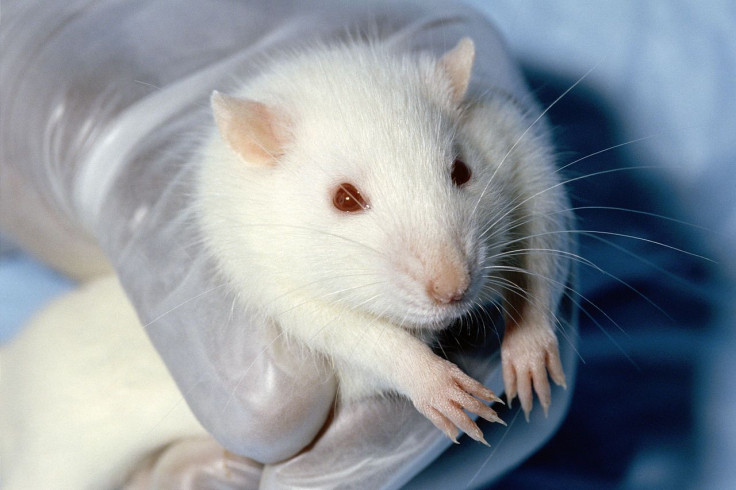Drug Addiction 2017: Weight Loss Drug Lorcaserin Effective In Curbing Oxycodone Cravings

The prescription weight-loss medication lorcaserin helps to decrease opiate addiction, researchers at the University of Texas Medical Branch at Galveston say.
UTMB scientist Kathryn Cunningham, director of the Center for Addiction Research and a professor in the department of Pharmacology and Toxicology, conducted a preclinical study and found lorcaserin can reduce the cravings for the opioid oxycodone.
"The effectiveness of lorcaserin in reducing oxycodone seeking and craving highlights the therapeutic potential for lorcaserin in the treatment of opioid use disorder," Cunningham said in a press release.
Read: Deaths Of Despair Rising Among White, Middle-Age Workers
Lorcaserin, which is marketed as Belviq and was developed under the name Lorqess, changes the chemical signals that affect the sensation of fullness, altering the serotonin system, which affects the brain circuitry that regulates mood, anxiety, hunger and reproductive behavior.
In research published Friday in ACS Chemical Neuroscience, Cunningham and her team trained rats to self-administer oxycodone when exposed to lights and sounds that created a drug-taking environment. When the rats became accustomed to taking oxycodone, the drug was taken away and they went into withdrawal.
Some of the rats were given lorcaserin while others were given a placebo, then they were reintroduced to the drug-taking environment and oxycodone was again made available.
Read: Soft Plaque Build-Up May Not Be Heart Attack Culprit
The lorcaserin rats took less of the drug than the placebo rats. To prove the lorcaserin was responsible for the change in behavior, the lorcaserin rats were then given a drug to cancel the effect of the weight-loss drug. They then reverted to the drug-taking behavior.
More studies are planned.
The Department of Health and Human Services says 200,000 Americans become addicted to opiates annually, many of the addictions starting with prescriptions for extreme pain. The Centers for Disease Control and Prevention says prescription opiate overdoses, including prescription opioids and heroin, in the United States have quadrupled since 1999, at a current rate of 91 a day.
© Copyright IBTimes 2024. All rights reserved.












